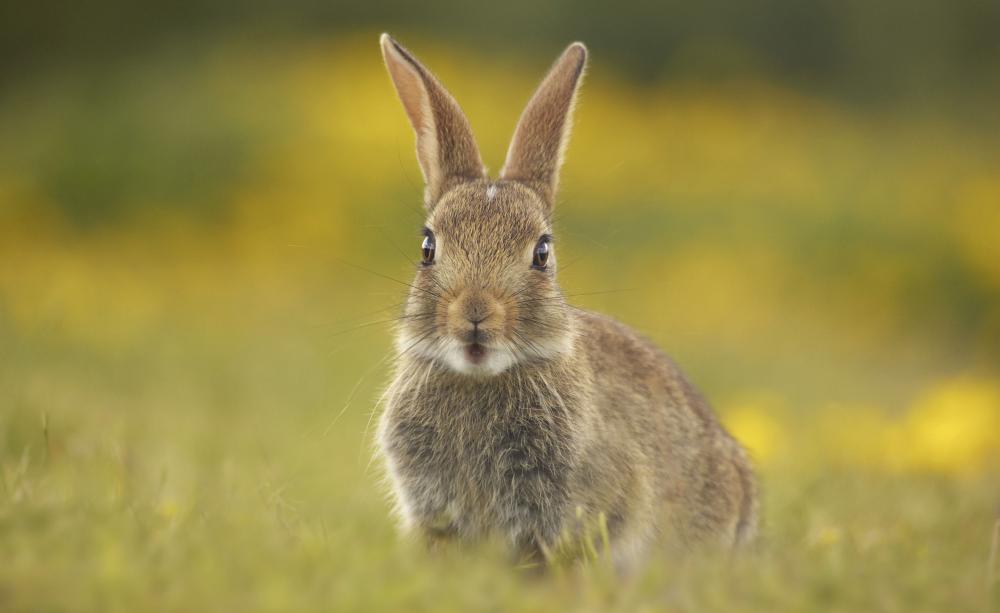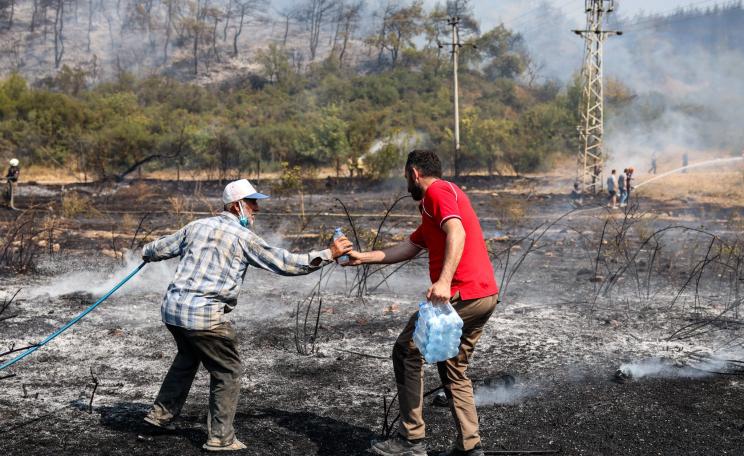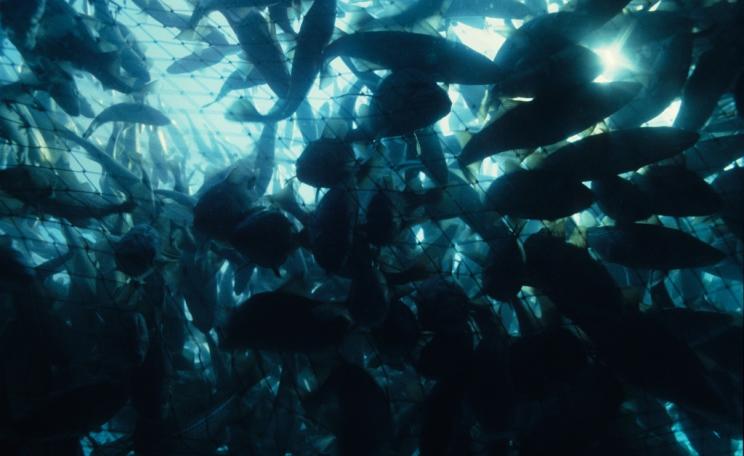We need to respond more urgently across the board if we are to put nature back where it belongs.
More than two-fifths of UK species including animals, birds and butterflies have seen significant declines in recent decades, a major study shows.
The State of Nature report, which draws on scientific monitoring since the 1970s, warns there is no let-up in net losses for the UK's wildlife.
More intensive agriculture is still driving declines in farmland nature, while climate change is also having an increasing effect, with average UK temperatures rising by 1C since the 1980s.
Wryneck
Pollution continues to cause problems for natural areas such as streams, despite legislation to curb harmful pollutants, according to the report, which is a collaboration of more than 70 wildlife organisations with government agencies.
Thousands of acres of habitats are being lost to development - although woodland cover has increased, new wetlands have been created, heath and moors restored, and many farmers are farming in nature-friendly ways.
Data on nearly 700 species of land, freshwater and sea animals, fish, birds, butterflies and moths reveals that 41 percent have seen populations decline since 1970, while 26 percent have increased and 33 percent have seen little change.
Among thousands of species, from mammals to plants, assessed on international criteria, 15 percent are threatened with being lost from Britain, including wildcats and greater mouse-eared bats.
Some 133 species have already vanished from Britain's shores since 1500, the 2019 State of Nature report says, including birds such as the wryneck and serin, which were lost as breeding birds in the 20th century.
Urgently
The study, which comes after similar analyses in 2013 and 2016, also shows that butterfly and moth numbers have been particularly badly hit.
Butterfly numbers have fallen by 17 percent on average and moths by 25 percent. Populations of some butterflies, such as the high brown fritillary and grayling, which need specialised habitats, are down by more than three-quarters since 1970.
The report also highlights successes such as the return of red kites, bitterns, large blue butterflies and beavers to Britain, and the establishment of lady's slipper orchids at 11 sites in northern England.
Daniel Hayhow, lead author on the report, said: "We know more about the UK's wildlife than any other country on the planet, and what it is telling us should make us sit up and listen.
"We need to respond more urgently across the board if we are to put nature back where it belongs."
Dawn chorus
Conservation experts called for more ambitious action, including a strong new set of environmental laws to reverse declines in nature.
Rosie Hails, from the National Trust - the country's largest private landowner - said: "We are now at a crossroads when we need to pull together with actions rather than words, to stop and reverse the decline of those species at risk, as well as protecting and creating new habitats in which they can thrive."
Tony Juniper, chairman of government conservation agency Natural England, said there were some grounds for optimism, as he hailed groups and land managers working to help bring species back from the brink.
But he added: "This report is a wake-up call. More needs to be done to achieve the ambitions of the Government's 25 Year Environment Plan to reverse nature's decline so that our children can experience and benefit from a richer natural environment."
Sophie Pavelle, a young conservationist who helped launch the report, said she had felt the loss of nature more acutely this year than any other, with "a dawn chorus less deafening, hedgerows less frantic, bizarre, worrying weather".
Ambitious
"People protect what they love, and if we can find quirky, empowering ways to encourage young people to connect with nature emotionally and see it as something they can truly champion, only then can we dig deep to find real hope for a brighter, sustained future for our natural world."
Environment Secretary Theresa Villiers said: "We value our species and ecosystems in their own right, but they also contribute to our wellbeing and economic prosperity."
She said the Government's 25-Year Environment Plan marks a step change in ambition for nature, and a new Environment Bill will contain "ambitious measures to address the biggest environment priorities of our age, including restoring and enhancing nature for generations to come".
This Author
Emily Beament is the PA environment correspondent.







